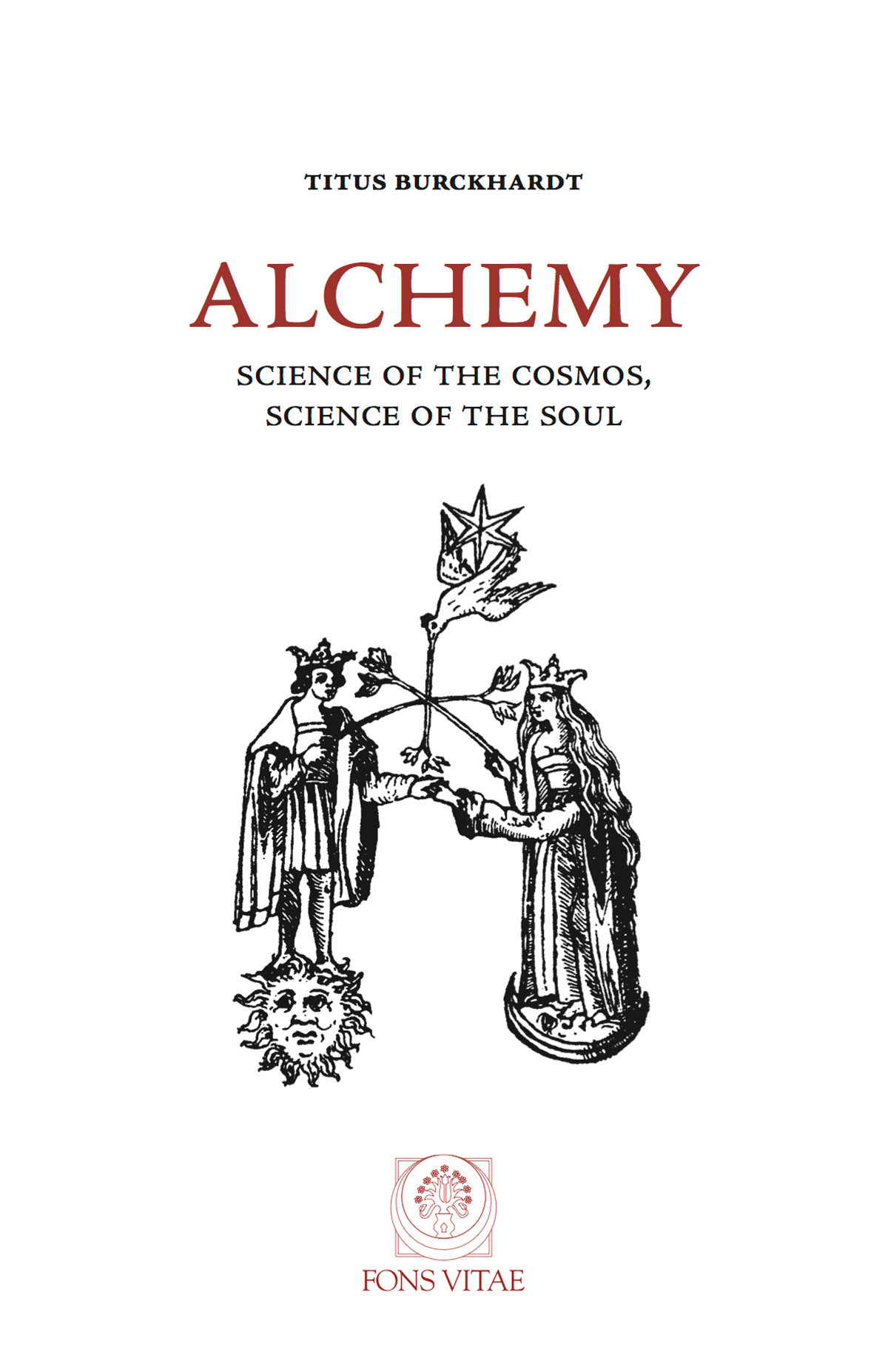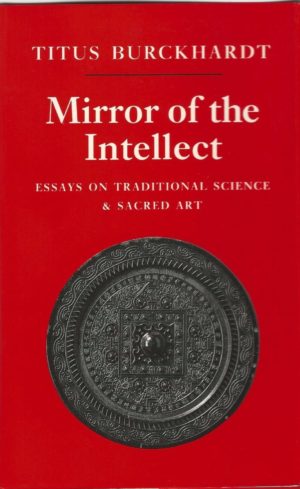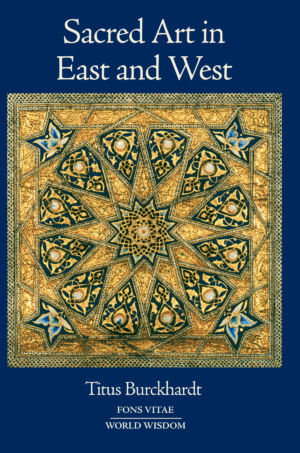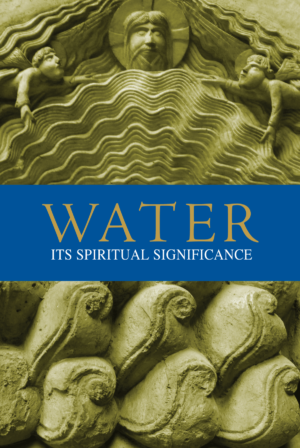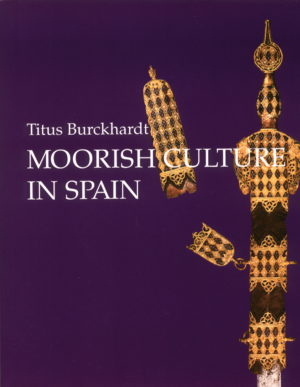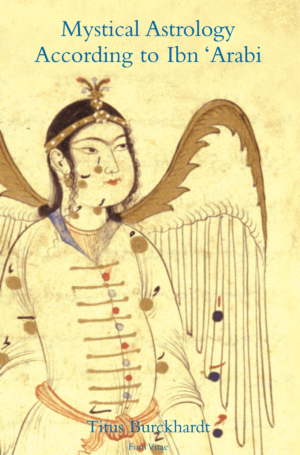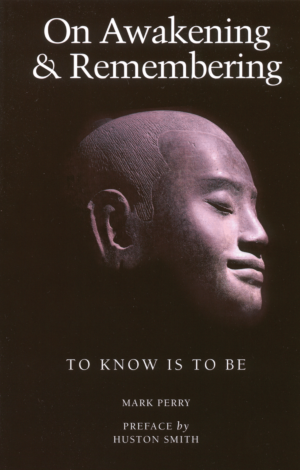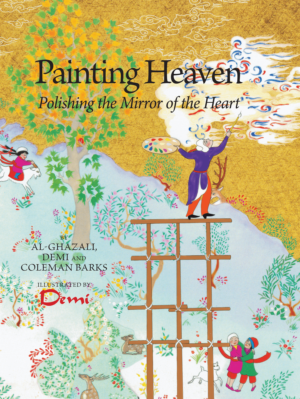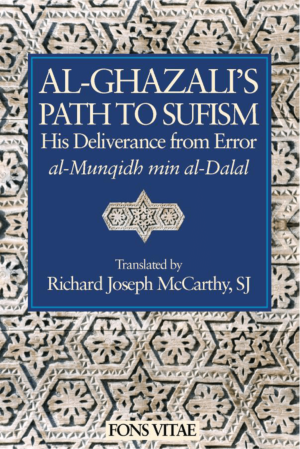Alchemy: Science Of The Cosmos – Science Of The Soul
$16.95
Fons Vitae is pleased to announce the publication of a new edition of Alchemy, dedicated to Madame Edith Burckhardt. Spiritual attainment has frequently been described in the terminology of the alchemical tradition whereby man’s leaden dull nature is returned to its golden original state. This has often been referred to as ‘spiritual alchemy.’ In this wonderfully insightful volume, we are treated to some of these metaphors which have been found useful for establishing certain attitudes in the soul, including: confidence and resignation, trust and hope. For example, there is a clear symbolic relevance in the following analogy: When any substance or entity undergoes dissolution (this could be even a relationship), it must eventually be re-crystallized in a new form. In other words, the new entity re-congeals in a higher and nobler form.
“Muhyi’d-Din ibn ‘Arabi regards gold as the symbol of the original and uncorrupted state (al-fitrah) of the soul, the form in which the human soul was created at the beginning. According to the Islamic conception, the soul of every child unconsciously approaches this Adamic state, before being led away from it again by the errors imposed on it by adults. The uncorrupted state possesses an inward equilibrium of forces. This is expressed by the stability of gold.”
“. . . since nearly all traditional forms in life are now destroyed, it is seldom vouchsafed to the conservative man to participate in a universally useful and meaningful work. But every loss spells gain: the disappearance of forms calls for a trial and a discernment; and the confusion in the surrounding world is a summons to turn, by passing all accidents, to the essential.”
Here we are treated to those metaphors which establish certain attitudes in the soul: trust, confidence, hope and detachment. Spiritual attainment is described via the alchemical tradition, whereby man’s leaden nature is returned to its golden state. This opens the possibility that one can re-congeal in a nobler form. Thus, what Rumi means by, “Feel joy in the heart at the coming of sorrow.”
- 978-1-887752-11-4
- 206
